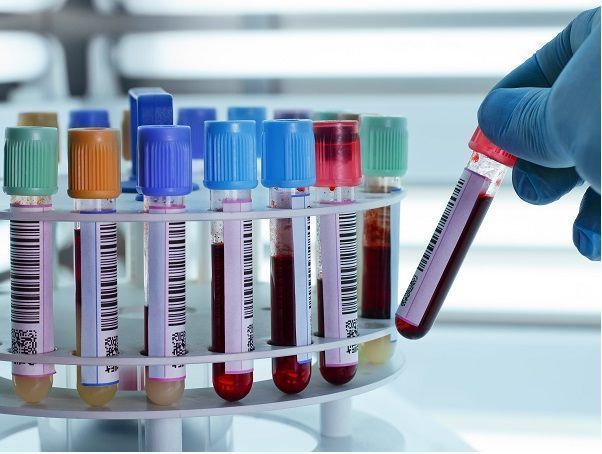
Carcinogenicity Studies
Pharmaceuticals are routinely tested for safety and efficacy during the drug development process before they are marketed. During this process, regulatory authorities require carcinogenicity studies for those pharmaceuticals which are intended to be administered continuously or intermittently over a prolonged period. Compounds with mutagenic potential or a structural alert indicating a putative carcinogenic effect or influence on cell proliferation also must be tested, even if they are only intended for short administration periods.
Carcinogenicity studies to determine a compound’s potential to cause cancer, according to the regulatory agencies, should include a two-year rodent bioassay and an additional in vivo carcinogenicity test (long-term carcinogenicity study in a second rodent species or a short- or medium-term study in an in vivo rodent test system). Together with our partners, we provide these testing strategies in compliance with international regulations to identify your compound’s tumorigenic potential in animals and to assess the relevant risk in humans for regulatory purposes.
Vivotecnia offers the following carcinogenicity studies:
Administration routes: oral, dietary, inhalation, dermal and subcutaneous
Genetically modified mouse models have been generated. These modifications predispose them to cancer, so they are extremely useful for short-term testing of the carcinogenic potential of the agent under analysis. All of the following three transgenic mouse models have been developed in order to reduce the original study period, being an appropiate alternative to test the agent.
- p53+/- mouse for nondermal genotoxic pharmaceuticals
- TG.AC mouse for dermally administered pharmaceuticals
- Tg-rasH2 mouse for nondermal, genotoxic or nongenotoxic pharmaceuticals.
en blanco
Our team and experience
Our team includes highly qualified senior study directors and technicians with broad expertise in the areas described below.
To conduct carcinogenicity studies requires an in-depth knowledge of the spontaneous frequency of certain pathological changes, as there may be substantial differences between species and strains. Our carcinogenicity group is skilled at performing histopathological assessments in rodent carcinogenicity studies, applying standard diagnostic criteria across the large numbers of tissues examined following RITA (Registry of Industrial Toxicology Animal-data) standards. Special preparations may be included in addition to standard staining methodology to further characterize any observed tissue lesions
Methodology

You may also be interested in…

PK/PD and Metabolism
During the drug discovery process, ADME (absorption, distribution, metabolism, and excretion) and PK studies are deemed necessary to evaluate bioavailability.

Inhalation
Inhalation toxicity studies are required to assess the exposure hazards of consumer products or to manufacturing workers

General Toxicology
Our team of experienced, highly-educated scientists, experts in toxicology, molecular biology, chemistry and immunology, fully understands that the drug development process is distinct for each approach.

Genotoxicty
Vivotecnia offers the Ames test, the comet assay and the mini-Ames test for genotoxicity analysis.
